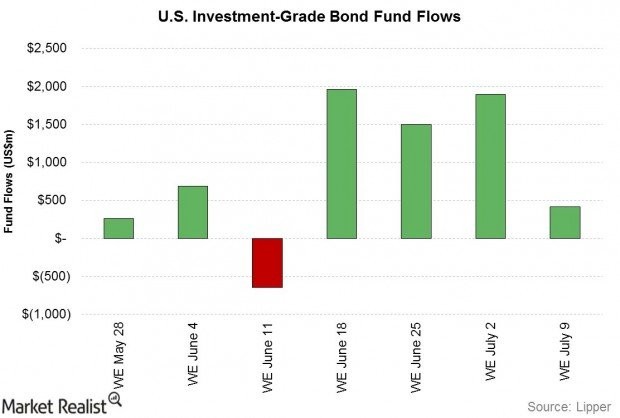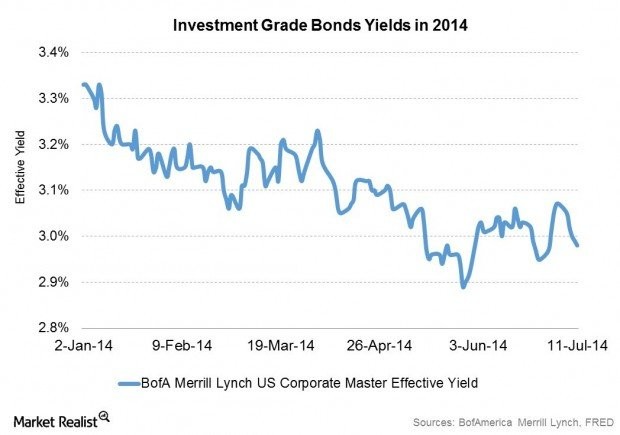4 Advantages of Chinese Investment Grade Bonds iShares GS $ InvesTopTM Corporate Bond Fund ETF
Post on: 5 Август, 2015 No Comment

Investment grade Chinese bonds are a relatively new subset of the investment grade asset class. ETFs offer a way to gain easy access.
Before anyone invests in the bonds, they should understand why some allocation could make sense:
Low Duration
Low duration makes for low interest rate risk.
The two more popular ETFs which invest in the space have durations in the 1.6 year-2.6 year range. The most popular U.S. investment grade index ETF has a duration of about 7.5 years!
Thus if interest rates increase 1 percent over the course of a year, the value of the Chinese bonds would go down by only about 1.6 — 2.6 percent, while the U.S. bonds would decrease by 7.5 percent. Even in such a rising rate environment, the overall return on the Chinese bonds would be marginally positive because they have a cash yield of about 3 percent.
A good example of this low duration advantage is 2013. The U.S. investment grade bond index, with the I-Shares Iboxx ETF (NYSE: LQD ) as a reference, was down 2.2 percent on a total return basis, while the Chinese renminbi-denominated investment grade index, using the Power Shares Chinese Dim Sum ETF (NYSE: DSUM ) as the proxy, was up 6.3 percent!
Little Correlation
Using either DSUM or Market Vectors Renminbi Bond ETF (NYSE: CHLC ) for comparison, the Chinese bonds have little to no correlation to U.S. investment grade bonds, and they only have a small correlation to U.S. or foreign high-yield bonds. This lack of correlation helps a lot during periods of rising domestic interest rates.
Again in 2013, despite rising interest rates and domestic investment grade bonds suffering, their Chinese equivalents were unaffected. In addition, since the yield is virtually the same with either LQD or DSUM, the portfolio risk reduction comes without a cash flow sacrifice.
Access To The Renminbi
For better or worse, the bonds give efficient access — pure exposure — to the Chinese renminbi. If left to pure market forces, the currency should appreciate versus the U.S. dollar. The renminbi, however, is not left to pure market forces.

The U.S. Government has been pressuring China to let the currency appreciate and to reduce restrictions and regulations that artificially keep the value of the currency low. Over the past four years the value of one yuan (the main unit of the currency) strengthened from 14.7 cents in 2010 to 16.2 cents currently. That move represents a 10 percent-increase in value since 2010, or about a 2.3 percent per year boost to the overall return of the bonds to a U.S. investor.
After a notable, and many say forced correction in the Chinese currency during the first half of 2014, China has again allowed the currency to float with the market to some extent and a gradual increase in the yuans value has resumed.
Reasonable Yield
If you purchase DSUM you obtain a 3.3 percent cash yield on the ETF. On an absolute basis, this yield compares favorably versus many Treasury, investment grade and some municipal bonds, and compares very favorably on a duration relative basis. For a negligible 0.2 percent more yield in LQD, you are exposing yourself to about three times the interest rate risk!
The lower interest rates go, the more attractive these bonds become versus their U.S. counterparts.
Eric Mancini is the Director of Investment Research at Traphagen Financial Group (www.tfgllc.com ), which is located in northern New Jersey. Over the past year Traphagen Financial Group has incorporated Chinese investment grade bonds along with its traditional U.S. investment grade allocation.














